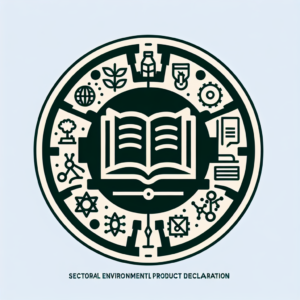Madrid has become the meeting point for the second edition of Futuro Digital, an event that has established itself as a reference in the analysis of digital transformation and its impact on the business world. Organized by IESE Business School in collaboration with JAKALA and Multiversial, the event brought together more than 500 leaders, executives, and experts with the aim of exploring the opportunities and challenges presented by artificial intelligence (AI) for the near future, especially in the face of 2026.
Luis Ferrándiz, a professor at IESE, highlighted the importance of creating a space for dialogue between companies and leaders of change in the digital environment. During his speech, he emphasized that the event seeks to position participants more firmly in the digital sphere. In this context, essential topics were discussed such as the rapid adoption of AI, the costs involved, the associated risks, and the strategies that companies must implement to not fall behind in this new industrial era.
One of the standout speakers, Carlos Molina, founder of the newsletter on digital business Multiversial, addressed the phenomenon known as the triple wave of AI: acceleration, bubble, and structural transformation. According to Molina, the adoption of AI is happening at an unprecedented speed, surpassing even the rapid expansion of the Internet. Despite considerable investments in this field, the benefits are still uncertain, raising questions about whether this advancement will result in a profitable long-term model or if, on the contrary, it will resemble a bubble that will not generate the expected return.
Ander Jáuregui, Senior Partner at JAKALA, emphasized the need for companies to review their “Jobs to be Done” to better capture consumer demands and align their offering with market expectations. He presented specific examples from sectors like banking and travel, where the implementation of AI is already yielding positive results. However, he also warned that many organizations are making hasty, short-term decisions that could be harmful to their future.
The event concluded with a roundtable discussion featuring Cristina Álvarez, Director of Technology and Operations at Banco Santander Spain, and Mariel Vázquez, Director of Digital Customer Experience at Mapfre Spain. Both professionals shared how their organizations are strategically integrating AI. Álvarez highlighted that AI is changing the customer relationship in the banking sector, allowing for unprecedented personalization and efficiency. Vázquez, on the other hand, mentioned Mapfre’s commitment to ethical use of this technology, citing over 70 implementation cases in various areas of the company.
The roundtable also became a space for reflection on the challenges posed by AI, ranging from resistance to change within organizations to concerns about cybersecurity and privacy protection.
With this edition of Futuro Digital, the event reaffirms itself as a key point for anticipating trends, sharing knowledge, and discussing the role of technology in shaping the future of business.
via: MiMub in Spanish











